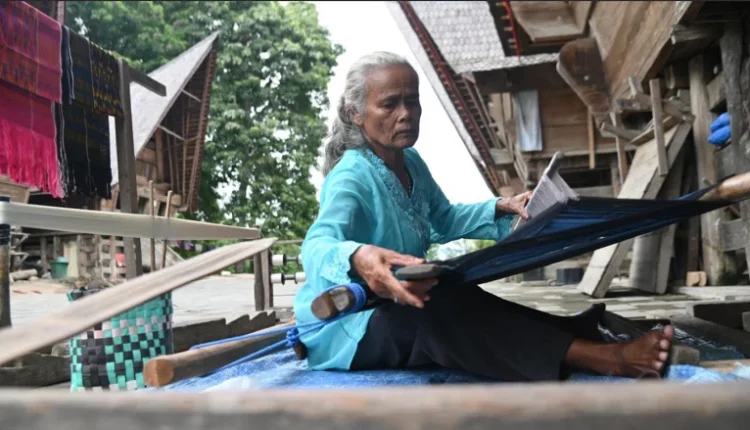
World Bank Highlights Benefits of Integrated Tourism for Indonesian Communities
The World Bank reports on the positive impact of integrated tourism initiatives on local communities in Indonesia, emphasizing sustainability and cultural preservation.
World Bank Highlights Benefits of Integrated Tourism for Indonesian Communities
Projects are focused on sustainable tourism development that benefits both people and the environment.
The Indonesia Tourism Development Project (ITDP), a collaboration between the Indonesian government and the World Bank, enhances community livelihoods in Lombok and Lake Toba. This initiative is dedicated to sustainable tourism development that protects the local environment while supporting economic growth.
In regions like Lombok and Lake Toba, the ITDP focuses on improving local infrastructure, ensuring access to resources, and empowering entrepreneurs. Through training and capacity building, communities are poised to reap the benefits of tourism while preserving their cultural and natural heritage.
Addressing Key Challenges
Lombok and Lake Toba are prime candidates for tourism development due to their unique landscapes and cultural offerings. Yet, challenges such as inadequate infrastructure and environmental issues necessitate a careful approach towards sustainable tourism that does not compromise natural resources.
Under the ITDP, the Indonesian government has structured the Integrated Tourism Master Plan (ITMP) to provide a strategic roadmap for sustainable tourism initiatives. While Lombok’s plan was implemented early on, ITMPs for additional destinations have been developed throughout the project, with ongoing implementation efforts to bolster sustainable tourism practices.
Benefits of ITMPs
ITMPs aim to foster a harmonious balance between tourism expansion, environmental conservation, and cultural preservation. By integrating infrastructure enhancements with environmental protection, the ITMPs direct critical tourism projects across regions like Gili-Senggigi and Mataram, aligning tourism growth with enduring sustainability goals.
Key improvements include significant upgrades to roads and water supply systems across various localities. These enhancements are expected to positively impact approximately 1.6 million residents in Lombok by the end of 2024, serving as a testament to the commitment towards sustainable development across the island.
